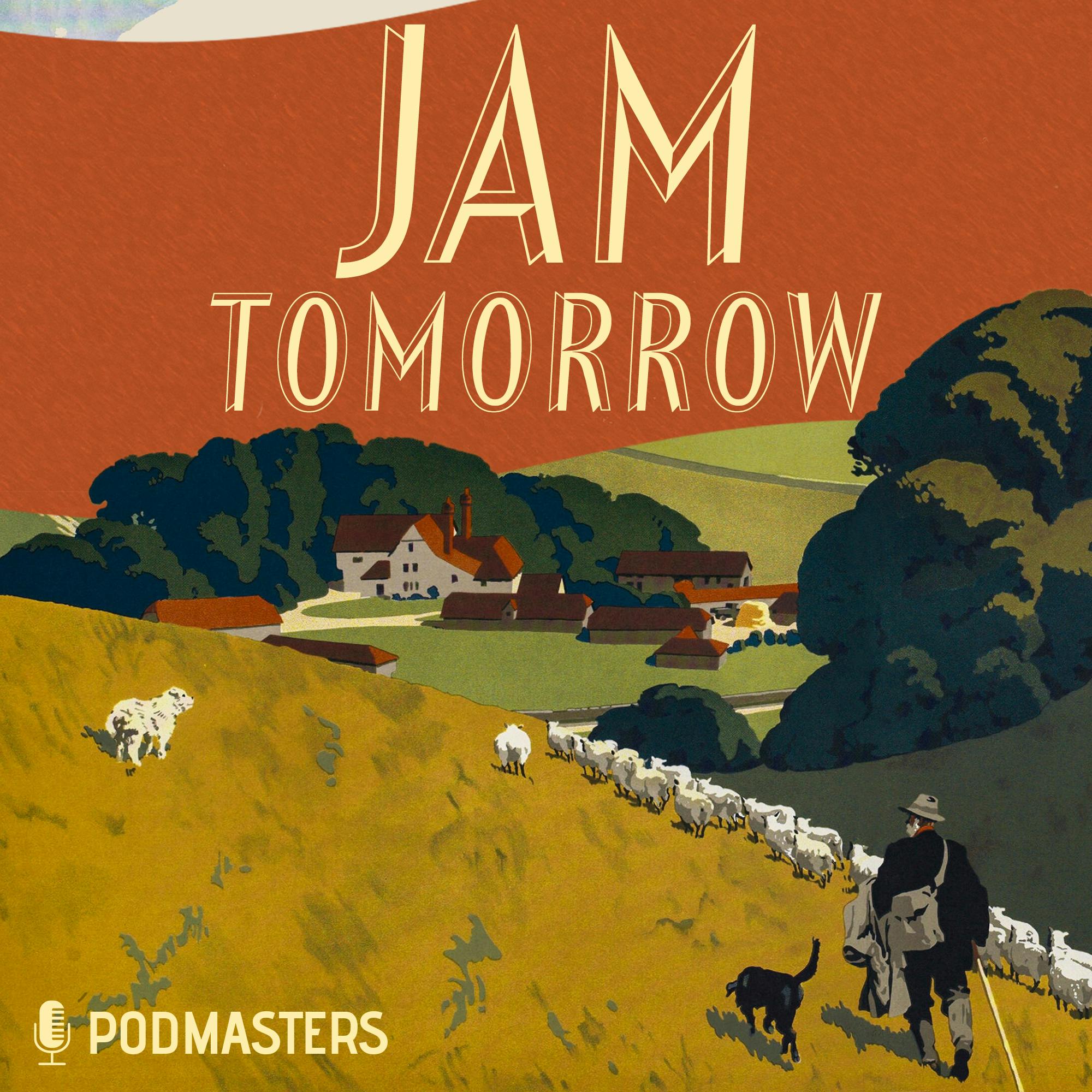North Sea Oil: Hit the gas
Description
In 1969, three kilometres under the North Sea, drillers found something that would change Britain completely.
It would transform us into an oil-producing nation, fuel Thatcherism in the 1980s, feed resentment in Scotland — and yet all of it happened largely out of sight of most Britons.
How did North Sea oil and gas change us? What’s life like for the dwindling group of people who work in the industry? And can drilled-out fields actually help to combat global heating?
“At peak production, the revenue from North Sea profits were taxed at 95 percent.” – Jon Gluyas, chair in geoenergy, carbon capture and storage at Durham University
“People are not blind to what is happening in the industry… It’s hard for older workers.” – photographer and oil worker Peter Iain Campbell
“There’s no doubt about the impact the burning of fossil fuels has had on our environment. We also have to acknowledge how it has utterly transformed our society over the last 50 years.” – Peter Iain Campbell
A selection of Peter Iain Campbell’s photos of North Sea oil installations are on his website.
JAM TOMORROW is written and presented by Ros Taylor. The producer is Jade Bailey. Voiceovers are by Seth Thevoz. Music is by Dubstar and artwork by James Parrett. The managing editor is Jacob Jarvis and the group editor is Andrew Harrision. JAM TOMORROW is a Podmasters production.
Learn more about your ad choices. Visit podcastchoices.com/adchoices
More Episodes
What does it mean to be Welsh?
The writer Jan Morris said Wales was ‘a distinctly separate and often vehement idea’. But what is that idea? Do you need to understand Welsh to grasp it?
How is Wales … different? And is it going to become even more unlike England?
Ros Taylor talks to Swansea...
Published 10/15/24
Published 10/15/24
The expulsion of Asians from Uganda in 1972 was brutal.
Twenty eight thousand refugees arrived in Britain. The government scrambled to find homes and jobs for them.
Not everyone was pleased about it. But if Ugandan Asians held British passports they had the right to come here — and most of them...
Published 10/01/24


